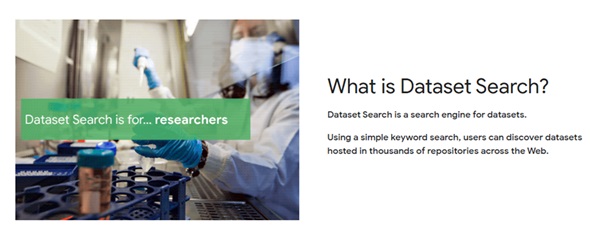Searching for phrases in PubMed can be an exercise in frustration. To understand why, we need to look at how PubMed interprets your search, a process that is now described in detail in a new training module from the National Library of Medicine.
When you enter a phrase into PubMed without using quotation marks, the database does several things:
- Looks for the phrase as a subject heading, or MeSH, term. Subject headings have been preselected by the database and are assigned to each citation on a topic.
- Breaks apart the phrase and looks for each word separately.
- Looks for the phrase, if recognized.

How PubMed searches for a phrase. From the National Library of Medicine.
Sometimes, this process brings back the results you need. But it can also lead to search results that do not match your topic.
What happens when you search using quotation marks?
- Instead of looking for matching subject headings, PubMed checks for the phrase in its phrase index, a list drawn from the literature included in the database.
- Not every phrase is included in the phrase index. If your phrase is not found, PubMed may ignore your quotation marks and follow the search steps above, bringing in irrelevant results.
- You can see how many results include your phrase from the advanced search page. Start typing your term, then click “Show index” to the right of the search box.

Use the “Check index” button on the advanced search page to see if your phrase is included in PubMed’s Phrase index. From the National Library of Medicine.
Fortunately, there is a workaround if your phrase is not found. You can recommend the addition of phrases to PubMed. You can try searching for the phrase in different databases, most of which are much more user-friendly when phrase searching. You can also try searching for the phrase in PubMed using adjacency.
For example, “Adult Non-Verbal Pain Scale” is not a phrase PubMed recognizes. Have PubMed look for the phrase with all words next to each other, in any order, by telling it to look in the title and abstract fields (tiab) with the words adjacent to each other (:~0):

Using proximity searching ([tiab:~0]) when a phrase is not included in PubMed’s phrase index can lead to more focused results compared to using quotation marks alone.
For more search help, or to request a literature search, contact the Library.


